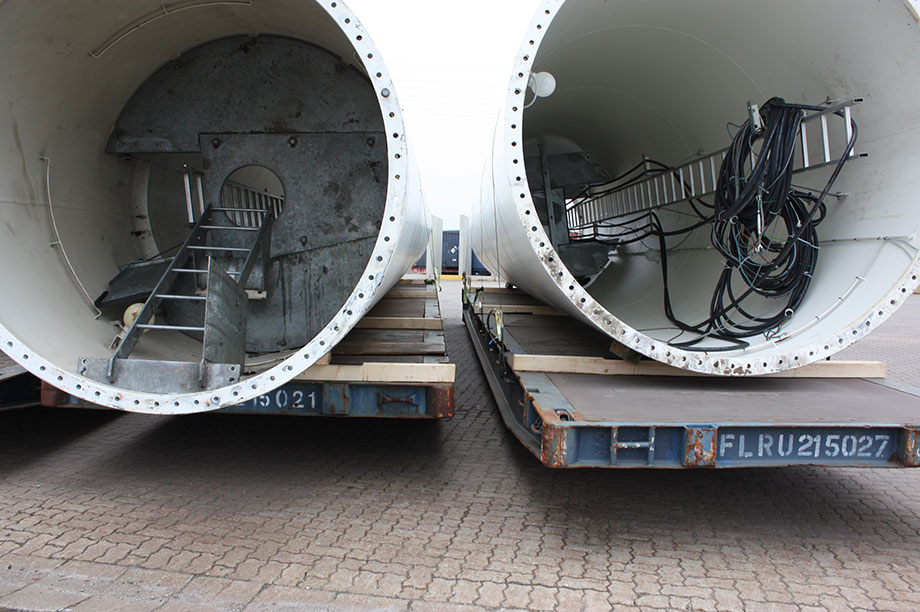Failure to comply will result in a cut in guaranteed support payments, according to a government spokesman. A precise cut has not been decided yet, but would be around 10- 20% of the support payments, he added.
The new rule is part of the country's new renewable energy support programme for 2025–2035.
However, the proposed 8% export target is far lower than the 30% the government had initially planned but revised down following sharp criticism from investors.
The government also plans to increase localisation requirements for wind-power equipment to 80% from 2021, from 65% at present. Fines for non-compliance are steep — equivalent to 55% of the overall cost of building the wind farm in Russia.
The measures are yet to be approved, but the government hopes that these requirements will encourage the creation of additional domestic production of wind-power equipment and components.
Industry reaction
Against the background of the coronavirus pandemic, representatives of trade body the Russia Renewable Energy Development Association (RREDA) said the 8% export target would be workable when economic conditions are "normal", both in Russia and on a global scale.
Exports of wind-power equipment will depend on market conditions and on how they are regulated by the state the association said.
However, there is a risk that imposing hefty fines for violating localisation and export requirements in Russia could lead to fake transactions in the local market, RREDA warned.
It suggested that local content requirements should be lowered when export obligations are taken into account for wind farms built in Russia. This would make investments in the country's wind-power sector more efficient.

.png)


.png)










